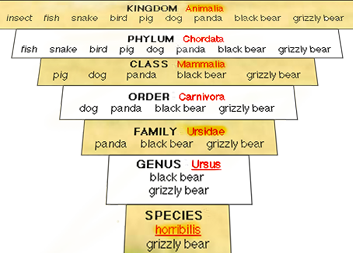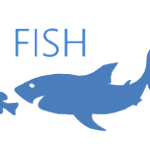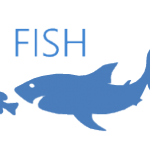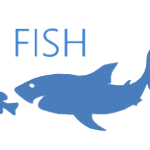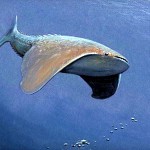Name of animal-plant: Pacific bumper
Species name: Chloroscombrus orqueta
The Pacific bumper, Chloroscombrus orqueta, is one of two game fish in the genus Chloroscombrus. It is listed by the IUCN as Least Concern. This species ranges from southern California to the Gulf of California to central Peru. It is also found around Malpelo Island
Animal type: FISH
A fish is any member of a group of organisms that consist of all gill-bearing aquatic craniate animals that lack limbs with digits. They form a sister group to the tunicates, together forming the olfactores. Included in this definition are the living hagfish, lampreys, and cartilaginous and bony fish, as well as various extinct related groups. Tetrapods emerged within lobe-finned fishes, so cladistically they are fish as well. However, traditionally fish are rendered paraphyletic by excluding the tetrapods (i.e., the amphibians, reptiles, birds and mammals which all descended from within the same ancestry). Because in this manner the term “fish” is defined negatively as a paraphyletic group, it is not considered a formal taxonomic grouping in systematic biology. The traditional term pisces (also ichthyes) is considered a typological, but not a phylogenetic classification.
Subcategory: m_pelagic
Pelagic fish live in the pelagic zone of ocean or lake waters – being neither close to the bottom nor near the shore – in contrast with demersal fish, which do live on or near the bottom, and reef fish, which are associated with coral reefs.
The marine pelagic environment is the largest aquatic habitat on Earth, occupying 1,370 million cubic kilometres (330 million cubic miles), and is the habitat for 11% of known fish species. The oceans have a mean depth of 4000 metres. About 98% of the total water volume is below 100 metres (330 ft), and 75% is below 1,000 metres (3,300 ft).
Fact:
All animals and plants are given a species name based on a technical term in biological taxnomy. The species name consists of two words and is based on Latin.
The first part of the name identifies the genus to which the species belongs and the second part identifies the species within the genus. In this animals case it is: Chloroscombrus orqueta


